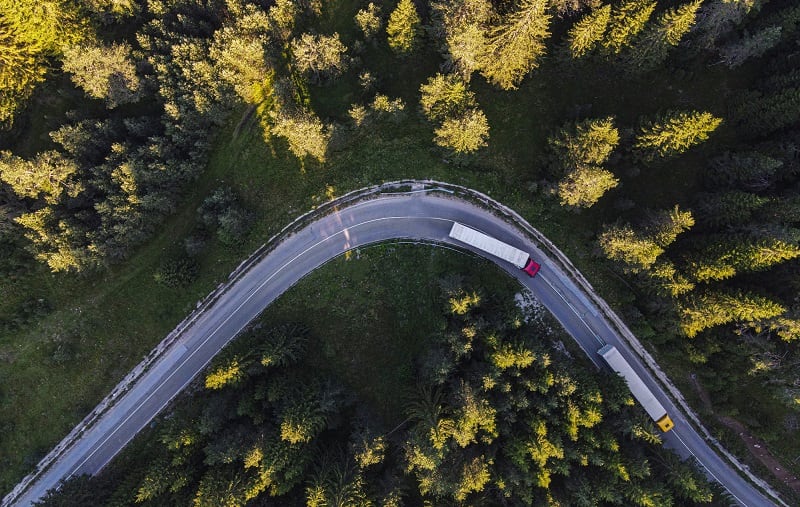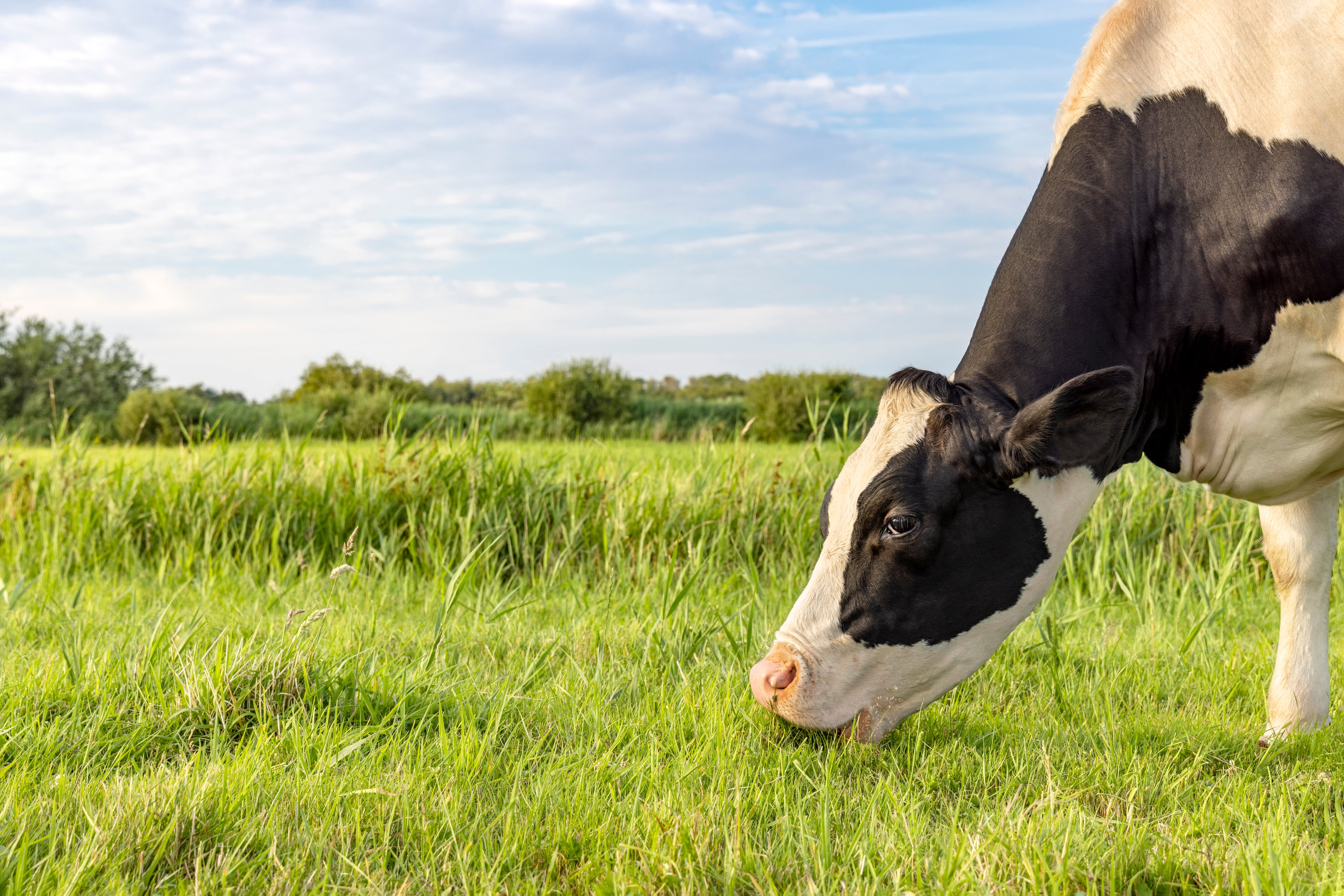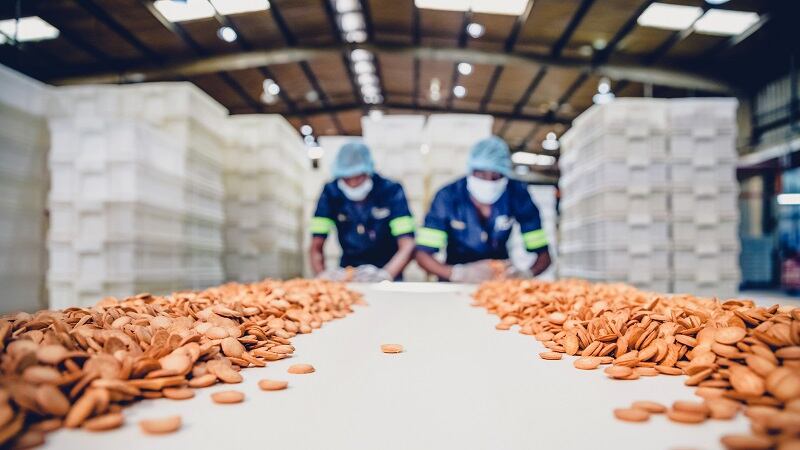Sustainable food rating company HowGood and carbon reduction platform Watershed are addressing Scope 1-3 greenhouse gas (GHG) emissions reporting demands through an expanded partnership, as food and beverage companies assess how rapidly changing environmental and trade policies are impacting their supply chains in real-time.
HowGood and Watershed are integrating their platforms to provide food and beverage companies with a portal for commodity-level sustainability data, carbon footprint tools and corporate risk assessments, the companies shared in a release.
Additionally, the integrated tech platform will have “hotspot identification” capabilities to help companies identify the most impactful sustainability efforts, the company added.
Food and beverage companies can subscribe to both services through a software-as-a-service model to gain access to the integrated capabilities, Michael Streitberger, head of partnerships for HowGood, explained.
Over the years, HowGood has partnered with numerous technology companies, including sustainable software companies Regrow AG, Ecoinvent, Cool Farm and others.
“When it came to corporate-level measurement for GHG, we knew that we wanted to go the partner route, and Watershed is the leader there, and so it was a no-brainer,” he elaborated.
Companies commit to ESG amid regulatory uncertainty
Some food and beverage companies are increasingly investing in carbon footprint technologies and reporting capabilities, despite regulatory uncertainty, Streitberger noted.
“We are seeing all sorts of companies approach us with a mandate where they want to get more accurate with their Scope 3 reporting,” he elaborated.
California passed Senate Bill (SB) 253 and 261 in 2023, which requires companies formed in the state to disclose specific emissions. Earlier this year, New York proposed a “Corporate Data Accountability” act with SB 3456 that would similarly require companies to disclose various metrics, if passed.
However, the White House is pushing for environmental deregulations, including various changes to the EPA.
What is the difference between Scope 1, 2 and 3?
Scope 1, 2 and 3 emissions demark the source of greenhouse gas emissions, McKinsey summarized. Scope 1 includes emissions an organization emits, Scope 2 is indirect emissions – including energy purchases – and Scope 3 comprises emissions across a company's supply chain, the firm explained.
Also, CPG giants like Unilever are rolling back Environmental, Social, and Governance (ESG) initiatives and pledges, as first reported in Bloomberg.
Regulatory uncertainty aside, some food and beverage companies are still investing in sustainability technology as they work to future-proof their supply chains in the face of climate change, Streitberger pointed out.
Also, retail buyers and grocery shoppers are demanding carbon-conscious products, which will drive demand for sustainability regardless of government action or inaction, he added.
However, consumers still value price and taste above any other attribute. Only 2 out of 10 consumers will purchase a higher cost more eco-conscious product compared to cheaper alternatives, according to the International Food Information Council’s 2024 Food & Health survey of 3,000 shoppers.
“What is your decarbonization plan from a business risk standpoint? It is certainly something that business leaders are looking at more long-term than just a single administration or certain political landscape because those things do change. And when you are thinking about business risk, you are thinking about 2030 and 2040 – not 2025, 2026, 2027,” Streitberger elaborated.
Trade wars require a supply chain rethink
Food and beverage companies also are starting to factor in what trade tensions and tariffs will mean for their supply chains and carbon footprint ultimately, Streitberger explained.
HowGood is exploring potential partnerships with procurement software companies to incorporate these capabilities into its platform, so food and beverage companies can better determine the environmental impact of reconfiguring supply chains, he added.
“People are much more open-minded to shifting drastically the way that they procure materials because of tariffs,” Streitberger elaborated.





